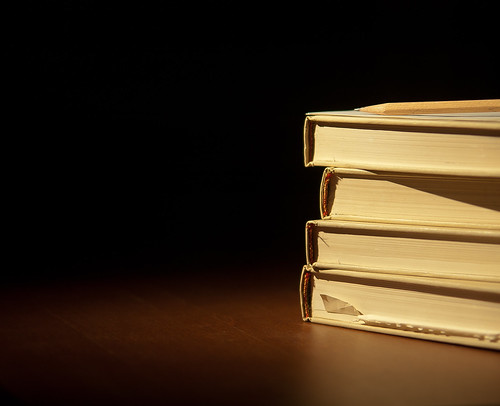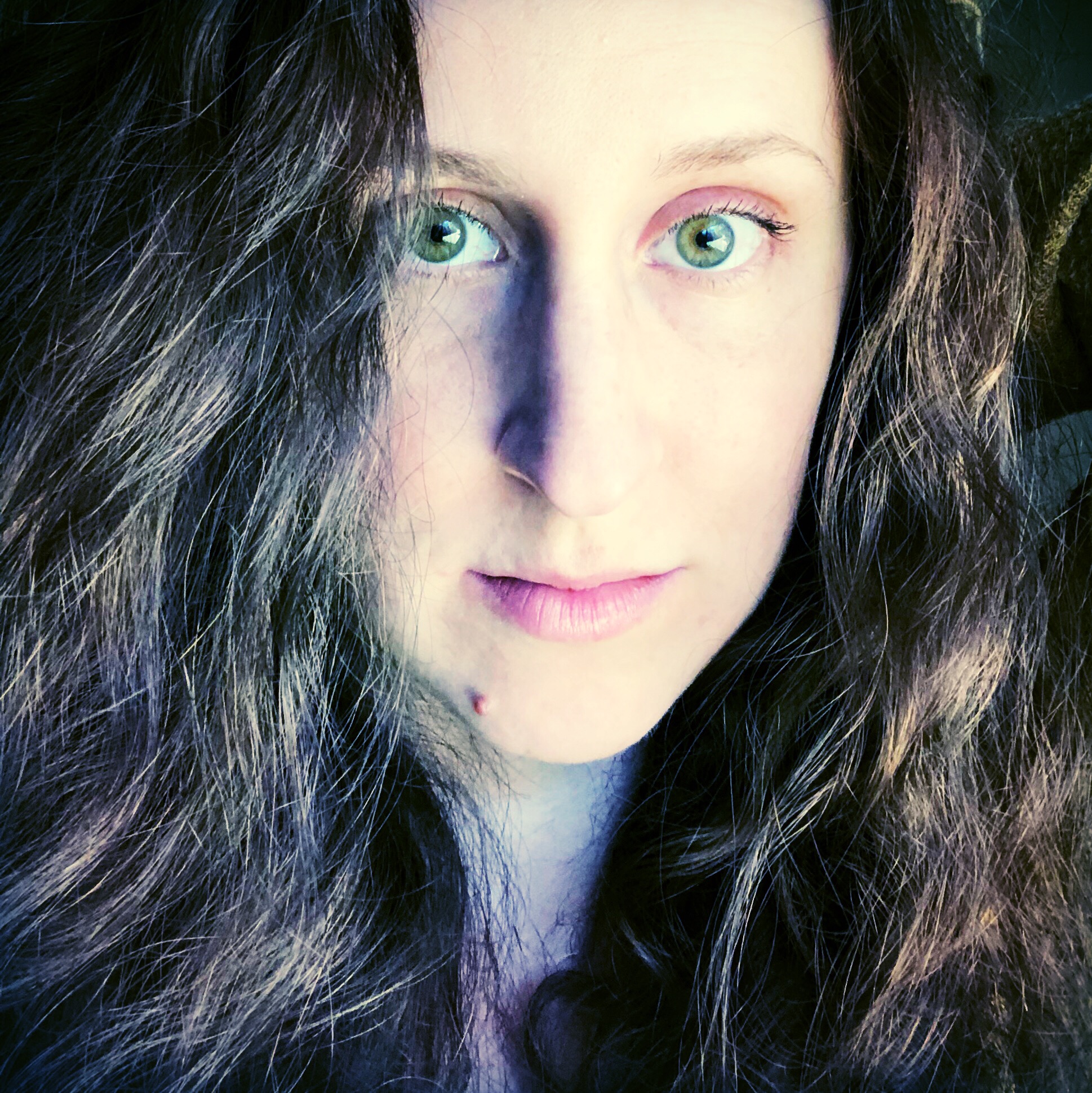And why you should stop assuming you hate it.
- Myth: Anything you read in school is literary fiction.
- Myth: “Intellectual” works are automatically literary fiction.
- Myth: Literary fiction is always boring/has no plot.
- Myth: Literary fiction is always wordy.
- Myth: Literary fiction is snobby.
- Myth: Literary fiction is “better” than commercial fiction.
As you can see, there are a lot of misconceptions about literary fiction. And when you ask someone what literary fiction actually is–really try to pin down a definition–the answers get pretty vague. Even industry experts seem to disagree on what the requirements are for a piece of fiction to be called “literary.” What does it even mean? Isn’t all literature “literary”? Help!
I hear a lot of people slam literary fiction on a semi-regular basis, usually based on one of the myths above rather than a genuine knowledge of what it is. And as someone who is absolutely passionate about both reading and writing literary fiction, that makes me sad. Especially since, more often than not, there’s only one type of literary fiction that someone doesn’t enjoy.
*does Scooby Doo double-take grunt*
That’s right. I’m here with a theory.
Part of the reason there’s so much confusion and misunderstanding around literary fiction is that what we mean when we say “literary fiction” is actually three separate things: a style of writing, a genre of book, and a qualifier.
So I’m going to go through each type in hopes of clearing up some of the confusion and possibly nailing down exactly what you might not like about certain types of literary fiction.
1) Style
Sentence structure, vocabulary, metaphors, similes, and a generally “poetic” (or “stark”) quality.
Any genre in the world can be written in a literary style. There are two drastically opposite styles that most people identify as literary:
The Rambler– Those long, complex, lovely, and sometimes convoluted sentences that often seem to be more focused on the beauty of the language above the message they tell. If you can’t stand Herman Mellville’s Moby Dick or Mary Shelley’s Frankenstein, you probably dislike verbose prose (which usually also means you won’t enjoy many things written before 1900.)
The So Tight It’s Cryptic– When an author makes nouns and adjectives into verbs for the sake of compact sentences, things can get confusing. If reading Ray Bradbury’s Something Wicked This Way Comes or Don DeLillo’s The Names felt more like work than pleasure to you, you might not like your prose packed so tightly.
2) Genre
Established plot and character expectations just like any other genre (romance, mystery, horror, etc.).
In romance, it’s expected that there will be two characters in conflict who eventually get together. In mystery, it’s expected that a main character will be faced with a mysterious event he or she then has to uncover the explanation for. And in horror, the reader knows that there will be some version of a “monster” that the main character will have to beat to survive. Literary fiction, as a genre, also has certain expectations it must fulfill.
The Nothing Happens Plot– With the popularity of thrillers, apocalypse stories, and action-packed adventures, small-scale stories can seem plotless. The truth is that every story has a plot, but what people mean when they say a book “has no plot” is that the plot is mundane. The characters live slow, ordinary lives, often stuck in a rut, and no global safety is at stake. Stories of broken relationships, general discontent, and “I’m at the end of my life” stories often seem light on plot. If you couldn’t have been more bored by F. Scott Fitzgerald’s The Great Gatsby or John Knowles’s A Separate Peace, the genre type of literary fiction might not be for you.
The Intentionally Unlikable Characters– Most commercial genres strive to make at least their main characters likable, relatable, and memorable. But Vladimir Nabokov’s Lolita turns that tradition on its head with an unabashed child molester. And the most important part of that? Nabokov never intended for the reader to fall in love with Humbert Humbert (or Lolita, for that matter). But if adoring your main character is a must–books like Lolita and Philip Roth’s Goodbye, Columbus are absolutely intolerable to you–you’re less likely to find something in the literary genre that suits your taste.
3) Qualifier
Poses a larger question and answers it using methods other than plot and character.
Now this is where things get prickly… and where people get snobby. “Qualifier” inherently implies quality. So does that mean that all quality books are literary fiction? No. It really doesn’t. You can absolutely have commercial fiction of extraordinary quality. So if you think of literary fiction as snobby, please reconsider. And if you’re perpetuating that myth, please stop.
So what do I mean by qualifier? Quite simply, this type of literary fiction aims to answer “large” questions (such as difficult issues about morality, life, death, love, human nature, etc.) through devices other than character and plot. In other words, a character waxing poetic about betrayal doesn’t make a work this type of literary. But a literary device that aims to force the reader to come to their own conclusions about betrayal is.
It is such literary devices (and admittedly “buried” messages) that most often frustrate readers. And let’s be honest here: it is this type of literary that most draws the hyper-intellectual snoots who tend to give literary fiction a bad name among commercial fiction fans. Some authors revel in reaching only a very select readership. If you’re not that readership… just ignore those authors.
So if you’re reading a book that has an unusual or strange literary device in it (such as an unreliable narrator, a story told out of order, switching points of view, story within a story, satire, metafiction, and epistolary novels), there’s a good chance that device was chosen to make you think. The author is trying to tell you something more about the story through this unusual device.
The Unchronological Story– If a novel is told infuriatingly out of order, such as Emily Bronte’s Wuthering Heights or Penelope Lively’s Moon Tiger, there’s a good chance that was done for a reason. Is the author asking you a deep question about time, for example? If you don’t much care for drawing your own conclusions, this type of literary fiction probably won’t be your cup of tea.
The Strange Point(s) of View– In The Book Thief by Markus Zusak, Death (as in the Grim Reaper) is the narrator. In good literary fiction, this type of strange point of view is only done for a reason. In Zusak’s case, he’s trying to tell you something about his world, characters, or message that a different narrator couldn’t have told you. Similarly, William Faulkner’s As I Lay Dying switches point of view between most of the characters. If you don’t enjoy puzzling out why these types of devices are used, you might avoid “qualifier” literary fiction.
The Takeaway
As you can see, it’s easy to have a literary book that is just one or two of these things, which means that if you don’t like one aspect, you shouldn’t necessarily discount all literary fiction.
If you dislike literary genre plots, for example, you could try “upmarket” fiction, which generally means commercial plot written in a literary style and with deeper messages (i.e. A book with an easy plot and likable characters that you can delve into if you want–but don’t have to in order to understand what’s happening, like Anne Rice’s Interview with the Vampire). Or if you dislike literary style writing, you could try Jandy Nelson’s The Sky is Everywhere, which has a literary plot and deeper themes, but is relatively straight-forward in style. And PS- If you love all three, I recently enjoyed Matt Bondurant’s The Night Swimmer.
My point is: now that you are aware that people mean three different things when they call something “literary,” you can figure out which types you don’t care for and avoid those–without automatically discounting all literary fiction.
So how about you? Do you like literary fiction? Loath it? Which type is your favorite, and which makes you want to throw a book against the wall?
Like this post? Check out all posts in the What is Genre? series!
Share this:

